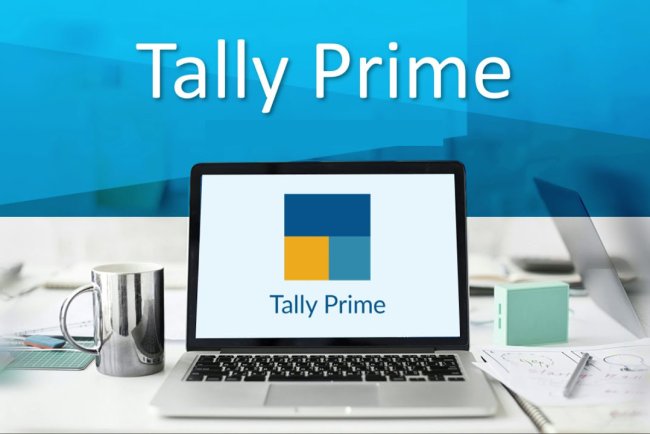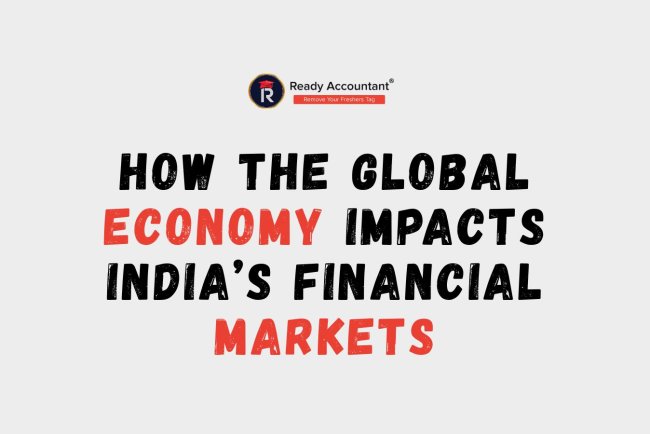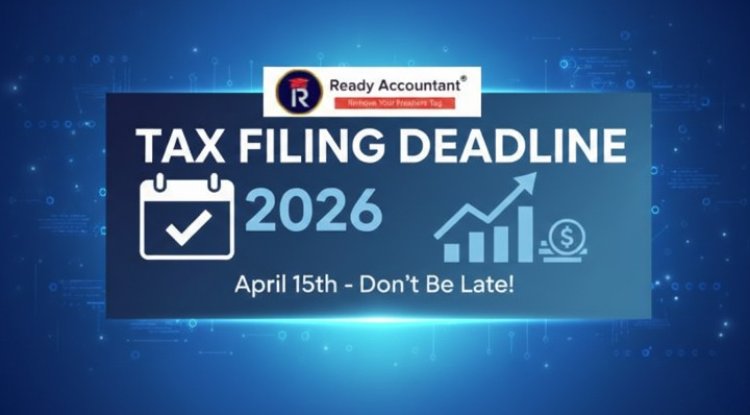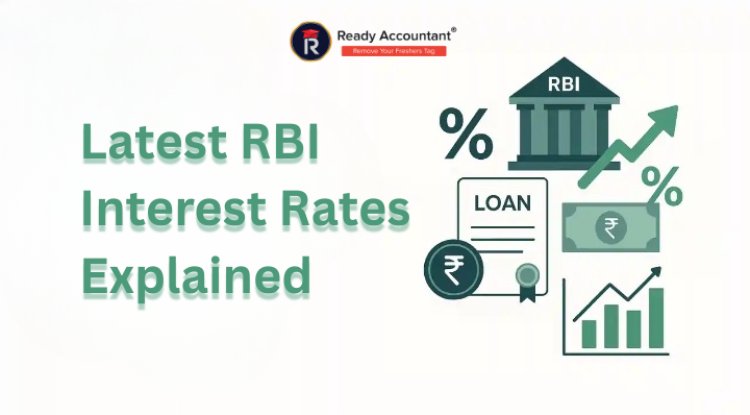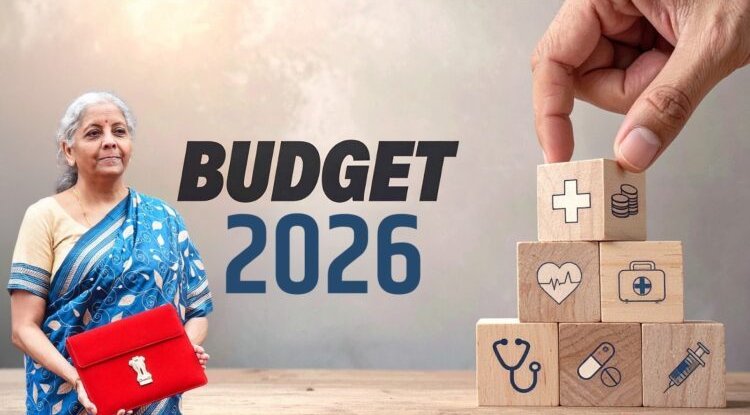Beyond Payments to Global Financial Integration
Digital payment platforms like UPI, PayPal, and blockchain have transformed the way people and businesses transact, paving the way for global financial integration. This shift goes beyond payments, focusing on harmonized taxation, global accounting standards, and real-time financial data. Key drivers include digital platforms, regulatory alignment, innovations such as SAP FICO (Finance & Controlling), and the growth of global trade. The benefits extend to businesses (lower costs, smoother compliance), governments (better transparency), and individuals (easier remittances and investments). Accounting and taxation professionals are central to this change. Skills in Certified Corporate Accounting, Taxation (Income Tax & GST), and SAP FICO are in high demand, making these popular courses for future-ready careers. The future of financial integration will include global tax reforms, blockchain, CBDCs, and AI-driven accounting. In this evolving landscape, those who upskill will lead
Over the last decade, the way people and businesses handle money has changed dramatically. The rise of digital payment systems such as UPI (Unified Payments Interface), PayPal, and blockchain-powered platforms has not only transformed daily transactions but also laid the foundation for something much bigger—global financial integration.
Today, we are moving beyond payments to global financial integration, where cross-border trade, taxation, accounting, and compliance are becoming more connected and efficient than ever before.
This article explains how digital innovation is driving this transformation, why it matters, and how professionals with the right accounting and taxation skills can play a crucial role.
From Payments to Integration
In the past, financial systems were fragmented. Local banks managed domestic payments, while international trade required multiple intermediaries, long processing times, and high transaction costs.
With the growth of digital payment ecosystems, transactions are now faster, cheaper, and more transparent. But the evolution is not just about quicker payments—it’s about creating globally connected financial systems.
This shift includes:
-
Harmonized Taxation – Transparent taxation systems, including Income Tax & GST, across countries.
-
Integrated Accounting Standards – Adoption of global frameworks such as IFRS for consistency in reporting.
-
Real-Time Financial Data – Instant access to financial insights that support better business decisions.
Together, these changes form the backbone of global financial integration.
Key Drivers of Global Financial Integration
1. Digital Payment Platforms
Platforms like UPI in India have become global benchmarks. Countries are now working on interoperability between wallets and banking apps to simplify cross-border payments.
2. Regulatory Alignment
Governments are aligning tax systems, including GST frameworks, to make international transactions smoother.
3. Technological Innovation
Solutions such as SAP FICO (Finance & Controlling) help businesses manage global accounts, taxation, and reporting with greater efficiency.
4. Growing International Trade
As companies expand beyond borders, financial integration is no longer a choice—it is essential.
Why Global Financial Integration Matters
The benefits of moving beyond payments into true financial integration are widespread:
-
For Businesses: Lower transaction costs, smoother tax compliance, faster settlements, and easier access to global markets.
-
For Governments: Stronger transparency, improved tax monitoring, and increased foreign investment.
-
For Individuals: Easier international remittances, access to global investment options, and simpler tax filing.
This marks a shift toward a cashless, borderless, and more inclusive global economy.
The Role of Accounting and Taxation
Technology may power integration, but accounting and taxation professionals ensure trust and compliance.
-
Certified Corporate Accounting programs prepare professionals to manage complex international transactions.
-
Expertise in Taxation (Income Tax & GST) ensures businesses remain compliant with both domestic and international rules.
-
Proficiency in SAP FICO (Finance & Controlling) helps accountants integrate payments, taxation, and reporting on a global scale.
In short, accountants and tax experts are no longer just record-keepers—they are becoming strategic enablers of financial integration.
Opportunities for Students and Professionals
The global move toward integration is creating new opportunities for those with the right skills. Some of the most popular courses that prepare students for this future include:
-
Certified Corporate Accounting – Covers corporate financial reporting, taxation, and auditing in line with global standards.
-
SAP FICO (Finance & Controlling) – A widely recognized program that helps businesses manage financial processes across borders.
-
Taxation (Income Tax & GST) – Builds expertise in domestic and international tax compliance and advisory services.
Institutions such as ReadyAccountant offer these career-oriented programs, preparing learners to succeed in the evolving global financial landscape.
The Future: Beyond Payments
Looking ahead, the next phase of integration will bring even greater changes:
-
Global Tax Reforms – Countries will work together to reduce tax evasion and harmonize GST/VAT systems.
-
Blockchain & CBDCs – Central Bank Digital Currencies will accelerate international payments.
-
AI-Driven Accounting – Automation will make tax filing, auditing, and reporting more efficient.
-
Skill-Based Careers – Demand will rise for professionals skilled in accounting, taxation, and digital finance.
This shows that global integration is not just about faster payments—it is about building a unified financial system based on trust and transparency.
Conclusion
The world is clearly moving beyond payments to global financial integration, where businesses, governments, and individuals will interact more seamlessly across borders. But this transformation is not only about technology—it also requires skilled professionals to ensure compliance, transparency, and financial accuracy.
For students and professionals, now is the best time to invest in career-focused programs like Certified Corporate Accounting, SAP FICO (Finance & Controlling), and Taxation (Income Tax & GST). These courses will not only future-proof your career but also place you at the center of the global financial revolution.
What's Your Reaction?







